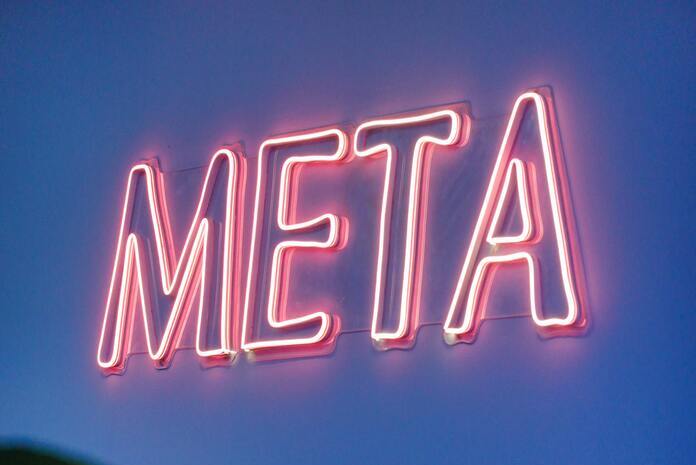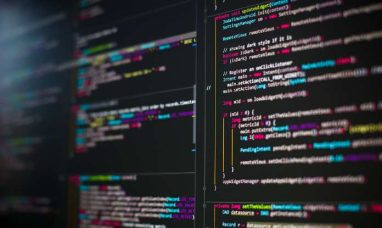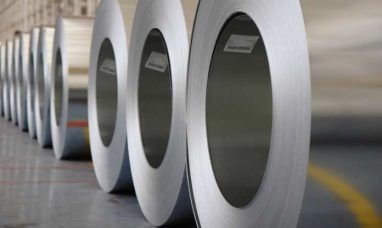Meta Stock (NASDAQ:META)
If one takes into account developing megastates with 1.4 billion people, India likely eclipsed China last month as the most populous country. The elite of the world’s corporations had conflicting opinions about the celebration.
The Prime Minister Narendra Modi’s government’s new social media regulations have been criticized by the Asia Internet Coalition, a group of twelve prominent companies that includes Meta Platforms (NASDAQ:META), Twitter, and Amazon.com (NASDAQ:AMZN). The group claimed that the regulations, which became effective on April 6, put “people’s fundamental right to access information” in danger.
Days after opening the first two Apple (NASDAQ:AAPL) stores in India, CEO Tim Cook flew to New Delhi to shake Modi’s hand. He said, “We are dedicated to developing and investing around the country.
The divergent rhetoric highlights the crossroads India has reached as 72-year-old Modi completes his second five-year term and probably plans to run for a third in elections next year: sacrificing democracy while aiming to be the next-generation growth market as a richer China slows.
Currently, for most investors, the positives exceed the negatives. In light of India’s impressive infrastructure expenditure, Rajeeb Pramanik, senior developing markets strategist at BCA Research, says he would not be concerned about authoritarian drift. “People no longer need to go two miles to receive drinking water. Because of this, Modi’s approval rating is 67%.
Meta, whose Facebook and Instagram apps dominate Indian social media, finds little solace in this. According to the business, the top three countries for Facebook’s user growth last year were India, Bangladesh, and the Philippines.
According to the Press Information Bureau of the government, officials in Delhi have the ability to restrict any online “misinformation.” According to Jeff Paine, managing director of the Asia Internet Coalition, a platform that refuses will face penalties and maybe criminal prosecution of compliance officers. People find it quite difficult to invest in such a hazy regulatory climate, he says.
In recent months, Modi and his Bharatiya Janata Party have taken additional liberties with democracy. A BBC biopic on Modi was outlawed in India, and college students who planned a campus screening were detained. Rahul Gandhi, the leader of the opposition, was given a two-year prison term last month for “defamation” after he suggested during a campaign rally that Modi was a thief. Conveniently, the sentence would prevent him from voting in the May 2024 election.
However, as India strives to make a significant advancement toward improved trains, roads, and power grids, Venkat Pasupuleti, portfolio co-manager for India at Dalton Investments, argues Modi’s strong-arm methods can benefit the people. The government declared it will increase capital expenditures this year by a third, to $122 billion. Stronger central control, according to him, decreases leakage and kickbacks.
When state benefits were distributed in cash, India’s predominantly rural populace had to contend with bureaucracy and intermediaries who took a cut. Direct computerized payments of benefits have been a relief for them.
As investors go to a recovering China and other less expensive markets, Pasupuleti is wary of Indian stocks due to their high valuations. But after “another 10% to 15% correction,” he would go back in.
Similar justifications were earlier accepted by investors for leaders like Vladimir Putin or Recep Erdogan of Turkey, who are now less popular in the markets. Perth Tolle, the creator of the Life + Liberty indices, which rank emerging markets on freedom and left India off in 2019, believes that India can still avoid following suit. The majority of investors, like me, are shocked that India is not included in the index, she claims. Their condition is quite fluid and subject to change.
So let us hope.
Featured Image: Unsplash @ Penfer















